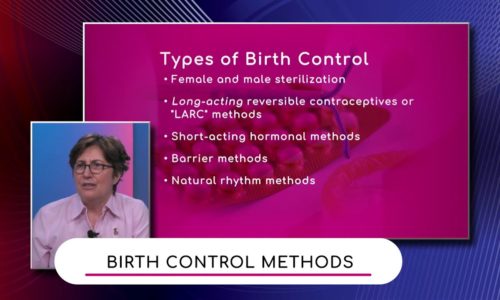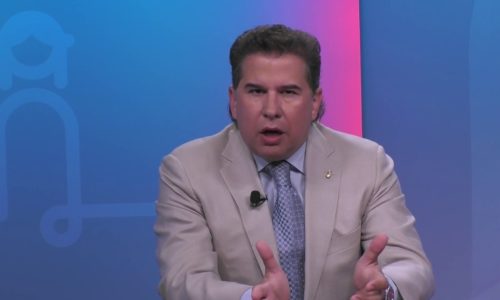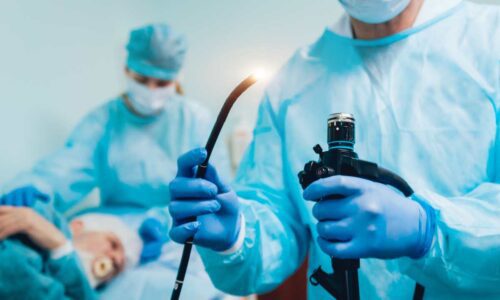Is there a treatment for low testosterone? |

Most of us have heard of the male hormone, testosterone, and may have even blamed it for everything from extreme sports to the road rage videos on ‘YouTube’. You may also have seen ads on TV, promoting testosterone therapy for aging men. This strange cultural phenomenon – simultaneously rolling our eyes at a hormone and yet also wanting to supplement it – may be unique to our time.
Both men and women produce testosterone, though women far less of it. And as we age, the amount we make decreases by about 1% per year, starting at age 40. Our natural tendency is to want to supplement things that we lose over time, but the truth is that lower testosterone is not clinically relevant for most men. The aging process is very complicated, and one hormone is not the cause of decline. Supplementing that one hormone, therefore, does not single-handedly reverse the aging process. Symptoms of aging may be related to physical inactivity, over-eating, medical illness, thyroid dysfunction, depression, life stressors, and accumulated injuries completely unrelated to testosterone levels.
Testosterone does support bone density, muscle strength and mass, facial and body hair, red blood cell production, sex drive, and sperm production. But most men have enough to do the job – even at lower levels than their youth’s maximum. Low testosterone is diagnosed with a blood test – if your level of the hormone is less than 300 ng/dL, you may have low testosterone. However, keep in mind that testing is tricky because testosterone levels vary over the course of a day – causing the potential for false positive results. The test should be done first thing in the morning and sampled on two different days to make sure the result is accurate.
Conditions associated with reduced testosterone include obesity, diabetes, use of certain medications, hyperthyroidism, and alcoholism. Testosterone exists mostly in an inactive form (bound to proteins in the bloodstream), with only 1-3% of its total free and active. Medical conditions such as obesity and diabetes can cause more of the normal level of total testosterone to be bound to protein, reducing the small, active pool of it. Weight loss and careful management of diabetes, for example, can reverse the seemingly “low” testosterone issue for many men.
Prescription testosterone supplementation has a significant downside, as it can increase your risk for heart disease, blood clots, prostate cancer, sleep apnea, acne, and quite paradoxically, testicular shrinkage and breast enlargement.
If you are looking for natural methods for reducing the aging process and stimulating testosterone production then you’re in luck – the answer is regular exercise, particularly weight lifting and high intensity interval training.
Now, there is a fairly rare condition called “hypogonadism” (a dysfunction of the testicles or the pituitary gland that controls them) that results in truly low testosterone levels (below 200 ng/dl). For these men, testosterone supplementation with injections, pellets, or gels, is important. There are various tests and imaging studies available to evaluate hypogonadism, so ask your doctor about your options before you consider supplementation – over the counter or otherwise.
The bottom line is that treating normal aging with testosterone therapy is not currently advisable. Regular exercise (and lowering body fat) with an emphasis on weight-lifting and high intensity interval training 3-4 times a week is the best thing you can do to maintain your manly verve.
References
https://www.mayoclinic.org/healthy-lifestyle/sexual-health/in-depth/testosterone-therapy/art-20045728?pg=1
https://www.medscape.com/viewarticle/525147_3
If you have any more questions just Ask Hanna, our health advisors are here to help.
Image: ©Shutterstock / Sorn340 Studio Images








